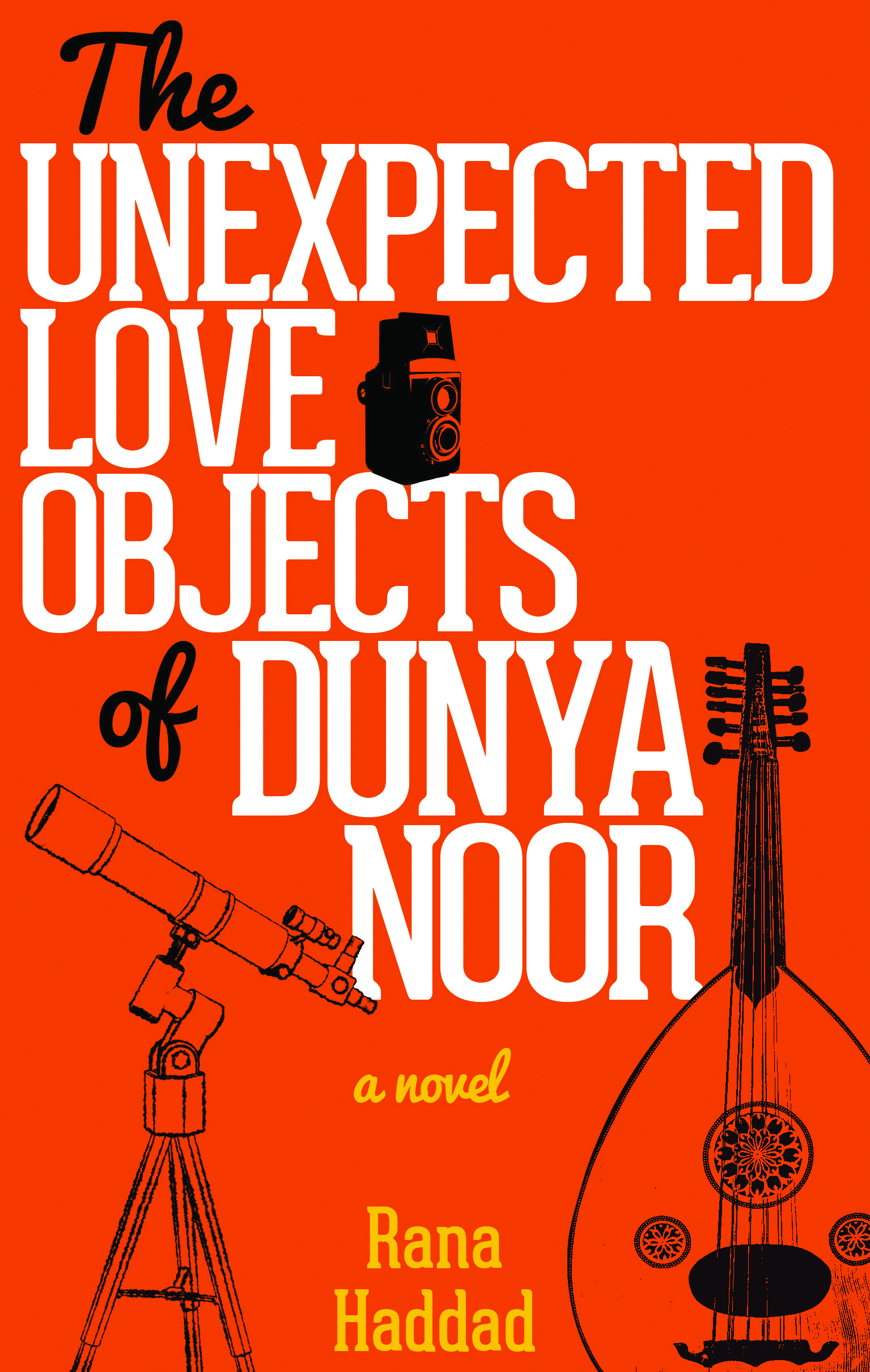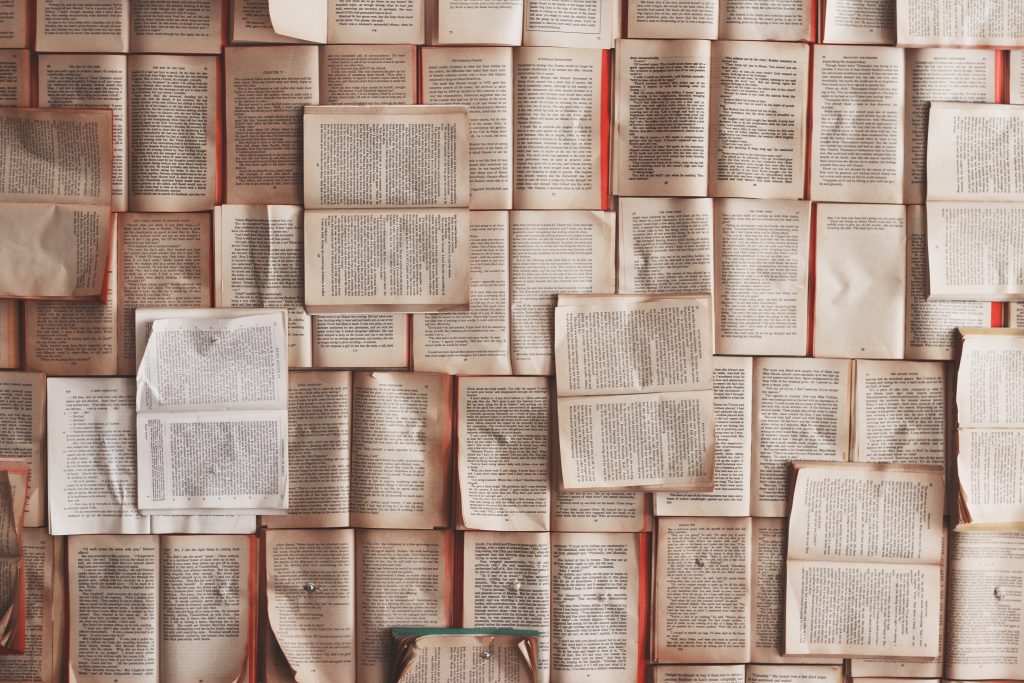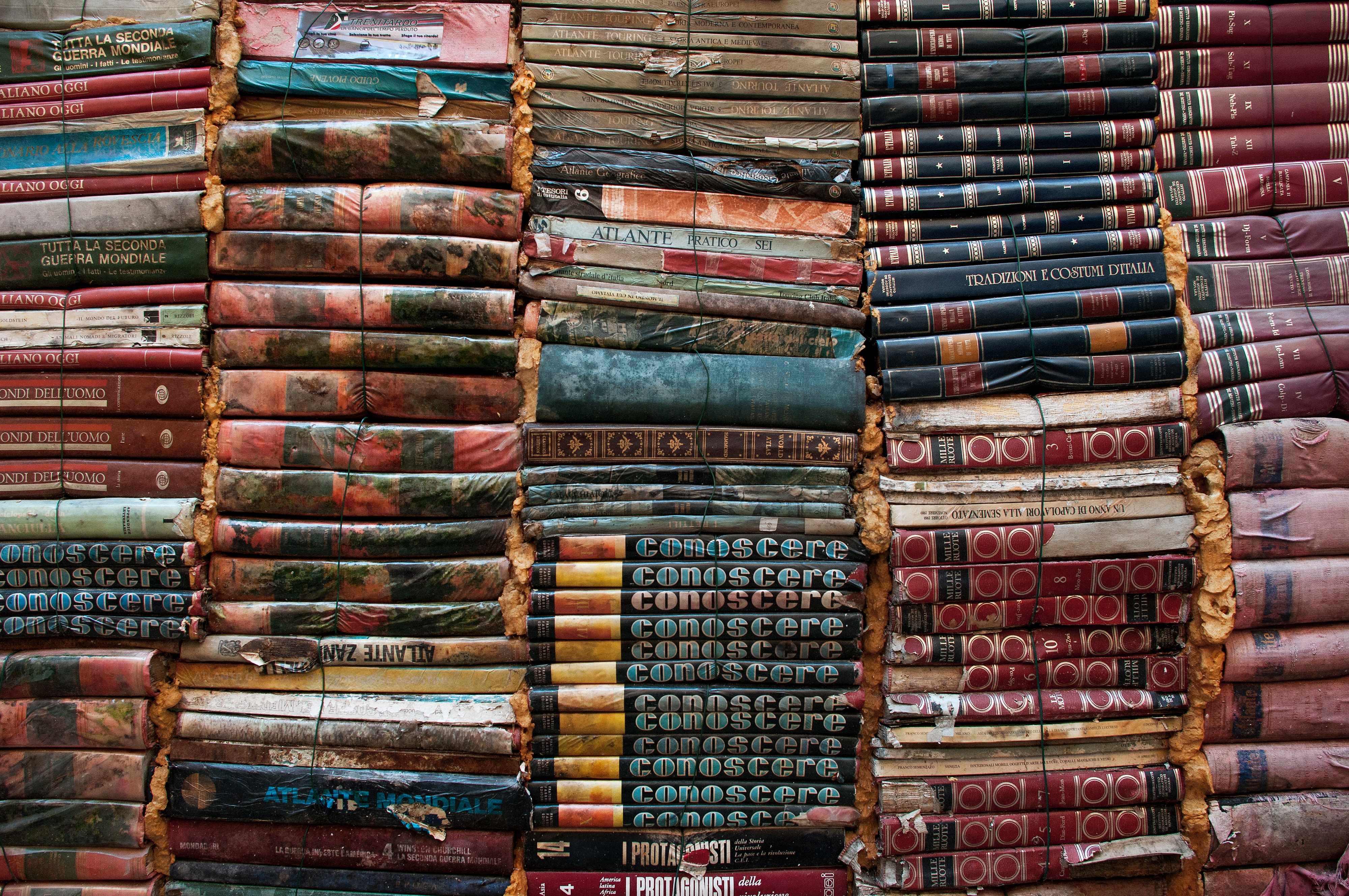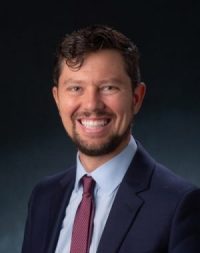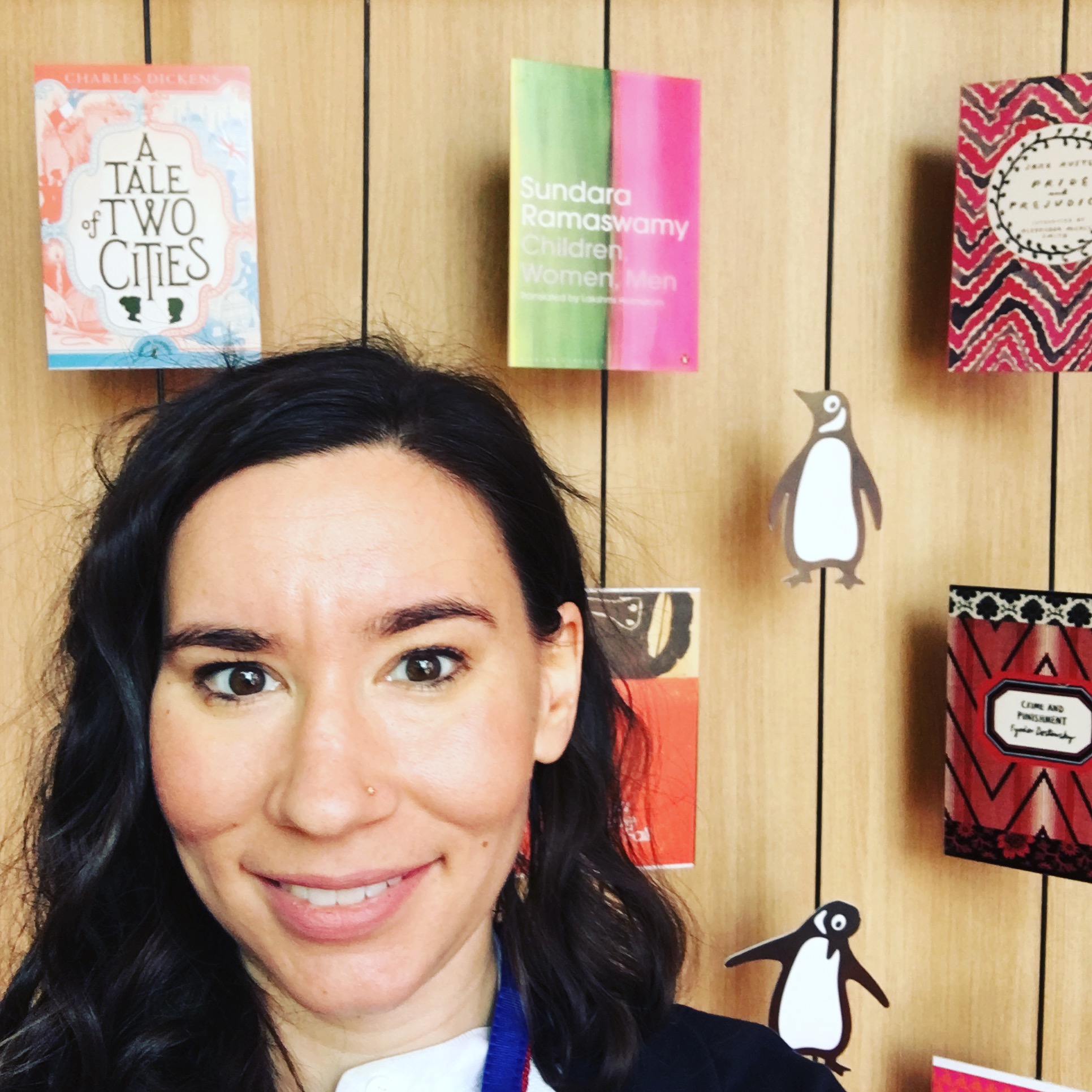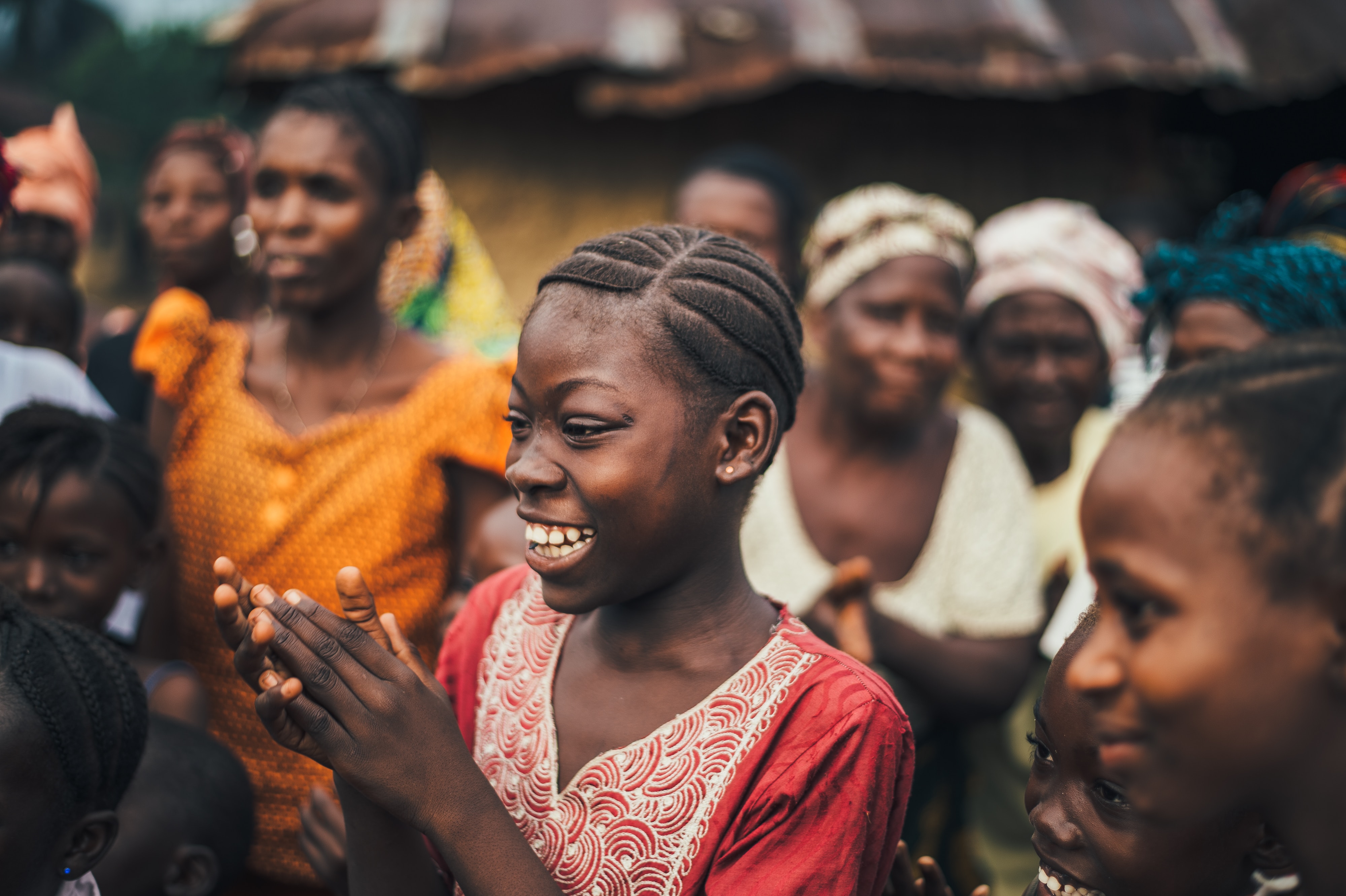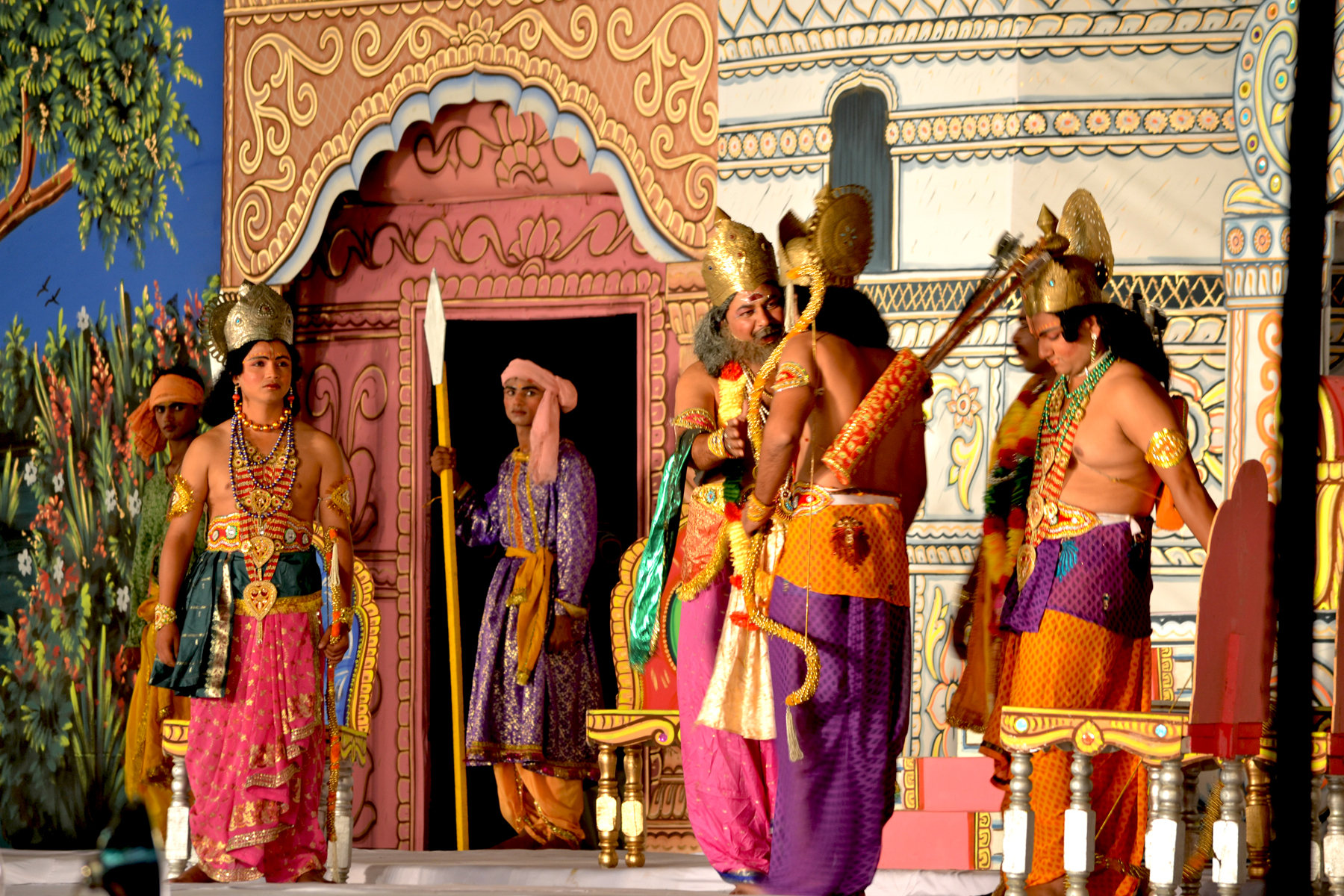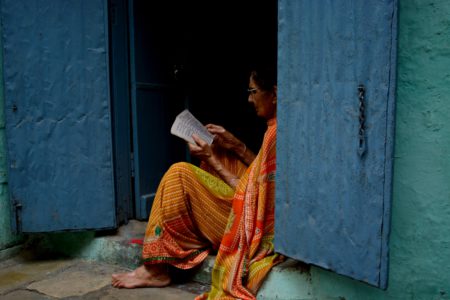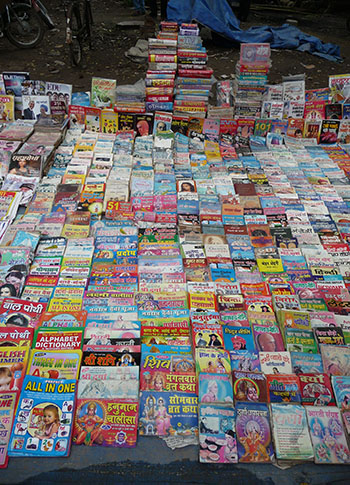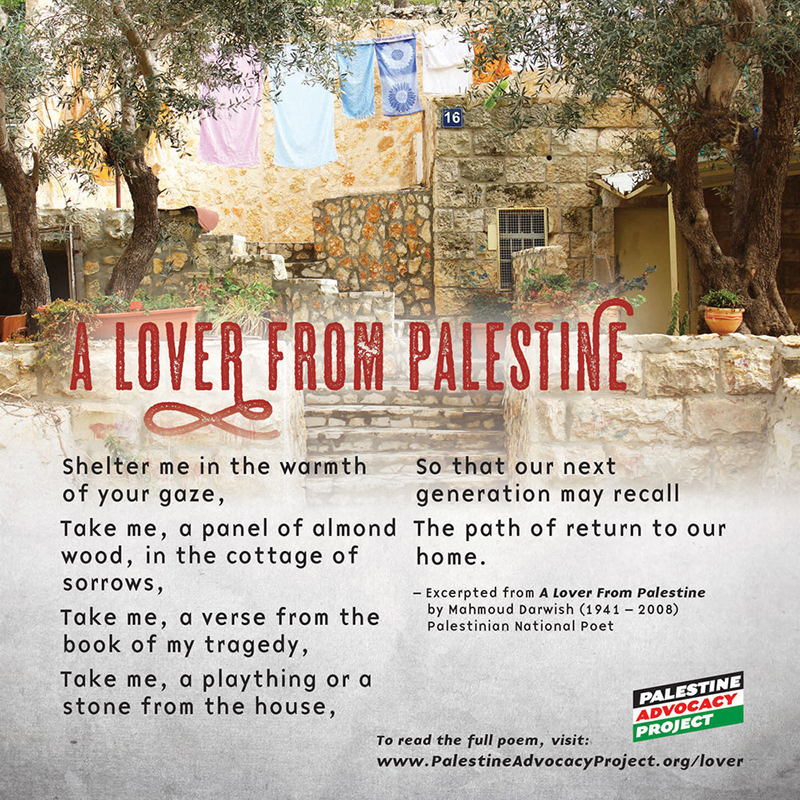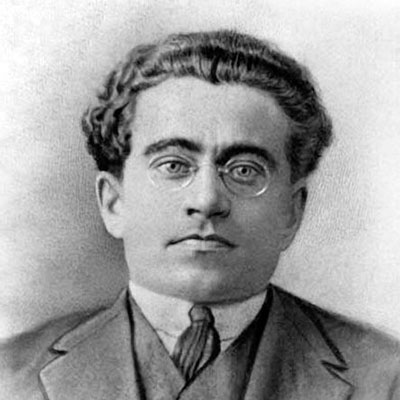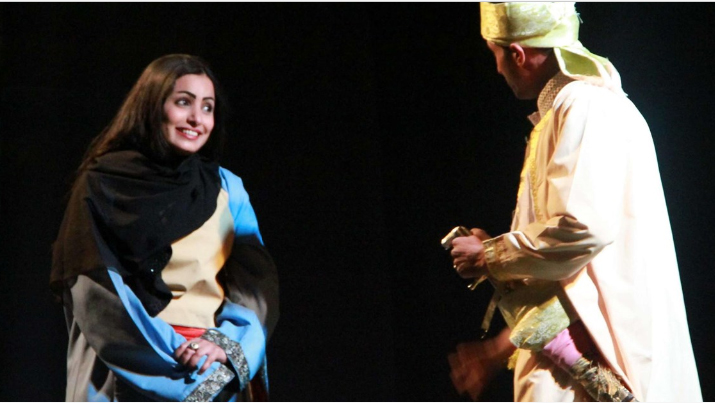Multilingual World Literature podcast series of MULOSIGE seminars, workshops and interviews.
African language literature and the paradigm of world literature
Watch Nikitta Adjirakor explore the steadily emerging literary system and network of African language literatures, in this MULOSIGE seminar.
Looking East: Saqi and the World of Urdu Modernism Webinar
Prof. Jennifer Dubrow is Associate Professor of Urdu, with affiliate appointments in Textual Studies and the South Asian Studies Program in the Jackson School of International Studies. Her research and teaching focuses on modern Hindi and Urdu literatures; print culture and the history of the book in South Asia; and South Asian modernisms. Looking East: Japan, Saqi, and the World of Urdu Modernism in 1930s South Asia
How Love is a Revolution: In Conversation with novelist Rana Haddad
Rana Haddad grew up in Latakia in Syria, moved to the UK as a teenager, and read English Literature at Cambridge University. She lived in London and worked as a journalist for the BBC, Channel 4, and other broadcasters. Rana has also published poetry and is currently mostly based in Athens. The Unexpected Love Objects of Dunya Noor, her first novel, was shortlisted for the Polari First Book Prize
International Literature and the Literary International
Elena Ostrovskaya, PhD, is an Associate Professor at the Faculty of the Humanities at the NRU Higher School of Economics. Elena Zemskova, PhD, is an Associate Professor of the Faculty of the Humanities at the National Research University Higher School of Economics, teaching courses in Russian and Comparative Literature. International Literature and the Literary International The paper focuses on International Literature, a world literature journal project
Randomly Clear Choices: Literary and Cultural Journals in Inter-war Italy
The talk was given as part of the Magazine and World Literature Webinar Series. Randomly Clear Choices: Literary and Cultural Journals in Inter-war Italy This paper was given as part of the Magazine and World Literature Webinar Series. Abstract: In this paper, I take an historiographical approach to look at some key debates on world literatures and on foreign artistic traditions (chiefly architecture), which played
‘Eating away the corners of (world) literature’: The littleness and the ‘wordliness’ of Indian magazines of the 50s-70s
Research Fellow, CNRS, Paris & Visiting Scholar, World Languages and Literatures, Boston University. ‘Eating away the corners of (world) literature’: The littleness and the ‘wordliness’ of Indian magazines of the 50s-70s Laetitia Zecchini from MULOSIGE on Vimeo. Drawing on my work on several Indian ‘little magazines’ of the 60s and 70s, such as damn you, Vrischik or contra 66, and on journals that must be contextualized against the backdrop
Blogging from Egypt: Digital Literature, Teresa Pepe
“Blogging from Egypt: Digital Literature” Teresa Pepe considers how Egyptian blogs can be read as world literature; recognising their literary and political innovations.
Born in the Village, Roaming the World, Sara Grewal
Sara Grewal (MacEwan University) discusses how Canadian Sikh hip hop artists “translate” the anti-majority racial politics expressed in Black American hip hop into an appropriation of the genre that captures the unique context of the Canadian Sikh diaspora.
Eastern Literature as Happenstance
Jia Yan is Assistant Professor of Hindi and Indian literature in the Department of South Asian Studies at Peking University. He holds a PhD in Cultural, Literary and Postcolonial Studies from SOAS, University of London. His research interests include modern Hindi literature, post-1950 literary relations between China and India, and comparative/world literature. ‘“Eastern Literature” as Happenstance: Indian Literature and the Conceptualisation of “Eastern Literature” in 1980s Chinese
The Poetics of the Orphan in Postcolonial Literature Talk
Listen to Matt Reeck (UCLA) give the talk: The Poetics of the Orphan in Postcolonial Literature
What is world theory? Abdallah Laroui and the Language of Ideas
Hosam Aboul-Ela's work examines the point of connection between the literary and the social through the historicization of critical theory. He is the author of Other South: Faulkner, Coloniality, and the Mariátegui Tradition (U of Pittsburgh P, 2007) as well as Domestications: American Empire, Literary Culture, and the Postcolonial Lens (Northwestern, 2018). He has also translated Voices by Soleiman Fayyad (Marion Boyars, 1993), Distant Trainby Ibrahim Abdel Meguid (Syracuse UP, 2007), and Stealth (New Directions, 2014) by Sonallah
Re-Orienting Modernism: Mapping East-East Exchanges Between Arabic and Persian Poetry
Re-Orienting Modernism: Mapping East-East Exchanges Between Arabic and Persian Poetry In this talk, Levi Thompson will argue for a new direction in comparative literary studies by analysing close formal and thematic links between Arabic and Persian modernist poetry. Through re-mapping the history of modern poetic development, he argues for a re-orientation of modernist studies which focuses on the east as centre rather than periphery. Thompson suggests that we might name
A Case of Exploding Markets: Roanne Kantor
A Case of Exploding Markets: Latin American and South Asian Literary “Booms” in a Comparative Perspective Roanne Kantor at the Jaipur Literary Festival Dr. Roanne Kantor is an assistant professor in the Department of English at Stanford University. She received her Ph.D. in Comparative Literature at University of Texas, Austin and has taught at Harvard University, Boston University, Brandeis, and the University of Texas, Austin. She
Significant Geographies of African Literary Festivals – Talk
Claire Ducournau is a tenured Associate Professor in Literature at Paul-Valéry – Montpellier 3 University, and a member of the RIRRA21 research center. Her work centers on francophone African writing, publishing and media. She is particularly interested in how sociological research methods and close textual analysis can be combined to explore African literature in both its aesthetic and material facets. She dedicated her doctoral thesis to mechanisms of production
Contemporary African Oral Traditions – Roundtable Recording
Orature plays a determinant role in literary expression around the world, but unwritten verbal arts have been explicitly excluded from definitions of world literature. Watch the recording from the roundtable on Contemporary Oral African Traditions to learn more about orature's place in world literature.
Being Human
In this podcast, Dr Vayu Naidu discusses the MULOSIGE project with Professor Francesca Orsini, Itzea Goikolea-Amiano and Jack Clift. As part of the Being Human festival, Dr Vayu Naidu gives a storytelling workshop at the N4 Library and discusses how multiple languages, improvisation and music can create fascinating new paths for stories and literature to travel across the world.
Postcolonial Print Cultures Conference: Tambimuttu and Sivanandan: Cold-War America and International Socialism.
Tambimuttu and Sivanandan: Cold-War America and International Socialism Dr Ruvani Ranasinha (Kings College London) considers and contrasts the political positions and self-fashioning adopted during the careers of two mid-century Sri Lankan writers. Ranasinha recounts Tambimuttu’s self-stereotyping of the sensual Orient, first with his move to the UK in 1938, and later in terms of his reception among beatnik authors during the 1952-1958 period, when he lived in the
Postcolonial Print Cultures Conference: “How do we stop being somebody else’s image?”
Laetitia Zecchini discusses the politics of literary translation and publication, particularly surrounding the journal Quest funded by the International Council for Cultural Freedom, itself backed by the CIA. She examined the editor Nissim Ezekiel’s own positions and motivations, noting that for him Quest’s purpose was the create the conditions in which the magazine would provide the freedom to debate, argue, and hold different theoretical positions, creating a space of cultural independence which could in turn realise political independence.
Postcolonial Print Cultures Conference: Hindi literary activism in the 1950s
Professor Francesca Orsini (SOAS), examines the production and re-production of short stories in Hindi literary magazines in the 1950s, offering a case study of the Hindi magazine Kahani (Short Story, 1954). She argues that world literature can only be envisioned and produced through local views, rather than under one overarching banner of what constitutes “world literature.” Her talk highlights the medium of the magazine as a site of non-state literary activism that placed readers and young writers at the center, the preference for the story as opposed to the novel, and the multilingual knowledge that animated reading practices, even when publication occurred in a single language (Hindi).
International Solidarity in World Literature
In this podcast Dr Anna Bernard (King's College London) examines internationalist world literature by returning to a previous moment in world literary history: a selection of English-language poetry anthologies that were circulated within the anti-apartheid and Palestine solidarity movements in Britain in the 1970s and early 1980s.
Antonio Gramsci’s Anti-colonial Imagination podcast
Dr Thomas Langley (King's College London) makes a case for reading Antonio Gramsci as an anti-colonial writer. By turning to some of Gramsci’s lesser-known pre-prison writings we can trace lines of continuity that underline the centrality of questions of colonial and imperial power in his work, and foreground the ways in which his writing is characterised by a consistent attempt to locate Italy as a terrain of struggle in relation to broader contours of colonial exploitation and anti-colonial resistance.
Shakespeare in Yemen
Dr Katherine Hennessey (Warwick) discusses Yemen as perhaps the only country in the world that can lay claim to a history of theatre that begins with a performance of Shakespeare and explores the surprisingly vibrant history of adaptations of Shakespeare on the Yemeni stage. Listen to the podcast.
The Code of History and non-Western Pasts: does historiography travel?
Professor Sanjay Seth (Goldsmiths) argues that history-writing is not the recreation of a past that is always-already there, lying mute and waiting for the historian to give it voice, but is instead a code or genre or technology, one which constructs the past in ways that make it amenable to representation through the code of history.
Bibliomigrancy: World Literature as a Pact with Books
Professor Venkat Mani (University of Wisconsin-Madison) politicise the idea of world literature. He argues that library and print and digital cultural histories assist in understanding world literature as historically conditioned, culturally determined, and politically charged, and focuses on the role of the state in the construction of world literature using Nazi Germany as a case study.






